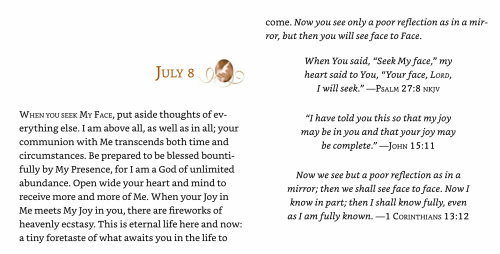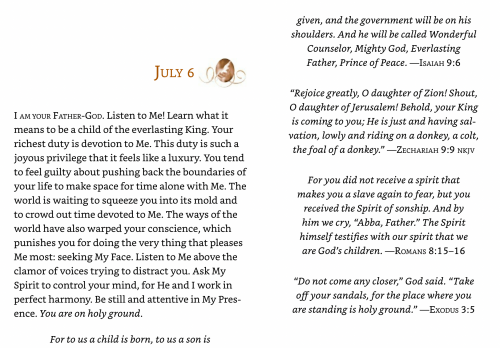My fellow Albuquerque resident Megan McKenna is an author, storyteller, and theologian who challenges us to imitate Jesus. She writes of the importance of translation when it comes to understanding the meaning of Jesus’ words:
The blessings and woes have so much depth and latitude, so many layers of meaning that are unveiled throughout the gospel of Luke, especially in the parables. Even the meaning of the word beatitude is rich and complex when seen from different perspectives. . . . [In Elias Chacour’s book We Belong to the Land] there is a marvelous description of a beatitude that enhances our understanding of what Jesus means when he says “blessed are you.”
Knowing Aramaic, the language of Jesus, has greatly enriched my understanding of Jesus’ teaching. Because the Bible as we know it is a translation of a translation, we sometimes get a wrong impression. For example, we are accustomed to hearing the Beatitudes expressed passively:
Blessed are those who hunger and thirst for justice, for they shall be satisfied.
Blessed are the merciful, for they shall obtain mercy.
Blessed are the pure in heart, for they shall see God.
Blessed are the peacemakers, for they shall be called children of God.
“Blessed” is the translation of the word makarioi, used in the Greek New Testament. However, when I look further back to Jesus’ Aramaic, I find that the original word was ashray, from the verb yashar. Ashray does not have this passive quality to it at all. Instead, it means “to set yourself on the right way for the right goal; to turn around, repent.”. . .
How could I go to a persecuted young man in a Palestinian refugee camp, for instance, and say, “Blessed are those who mourn, for they shall be comforted,” or “Blessed are those who are persecuted for the sake of justice, for theirs is the kingdom of heaven”? That man would revile me, saying neither I nor my God understood his plight and he would be right.
When I understand Jesus’ words in Aramaic, I translate like this:
Get up, go ahead, do something, move, you who are hungry and thirsty for justice, for you shall be satisfied.
Get up, go ahead, do something, move, you peacemakers, for you shall be called children of God.
To me this reflects Jesus’ words and teachings much more accurately. I can hear him saying: “Get your hands dirty to build a human society for human beings; otherwise, others will torture and murder the poor, the voiceless, and the powerless.” Christianity is not passive but active, energetic, alive, going beyond despair. . . .
“Get up, go ahead, do something, move,” Jesus said to his disciples. [1]
Megan McKenna concludes:
The beatitudes mean deeper mercy for those who experience more divisive misery, deeper blessings for those whose hope is dimmest. They give an ultimate authority to certain people and their plight in the world. They signify not just a religious attitude, but a social attitude toward realities that should not exist among humans.
Sara Young
REST IN MY PRESENCE WHEN you need refreshment. Resting is not necessarily idleness, as people often perceive it. When you relax in My company, you are demonstrating trust in Me. Trust is a rich word, laden with meaning and direction for your life. I want you to lean on, trust, and be confident in Me. When you lean on Me for support, I delight in your trusting confidence. Many people turn away from Me when they are exhausted. They associate Me with duty and diligence, so they try to hide from My Presence when they need a break from work. How this saddens Me! As I spoke through My prophet Isaiah: In returning to Me and resting in Me you shall be saved; in quietness and trust shall be your strength.
PSALM 91:1; He that dwelleth in the secret place of the most High shall abide under the shadow of the Almighty.”
PROVERBS 3:5 AMP; Trust in and rely confidently on the LORD with all your heart And do not rely on your own insight or understanding.
ISAIAH 30:15 AMP; This is what the Sovereign LORD, the Holy One of Israel, says: “In repentance and rest is your salvation, in quietness and trust is your strength, but you would have none of it.
Young, Sarah. Jesus Calling Morning and Evening Devotional (Jesus Calling®) (p. 418). Thomas Nelson. Kindle Edition.


